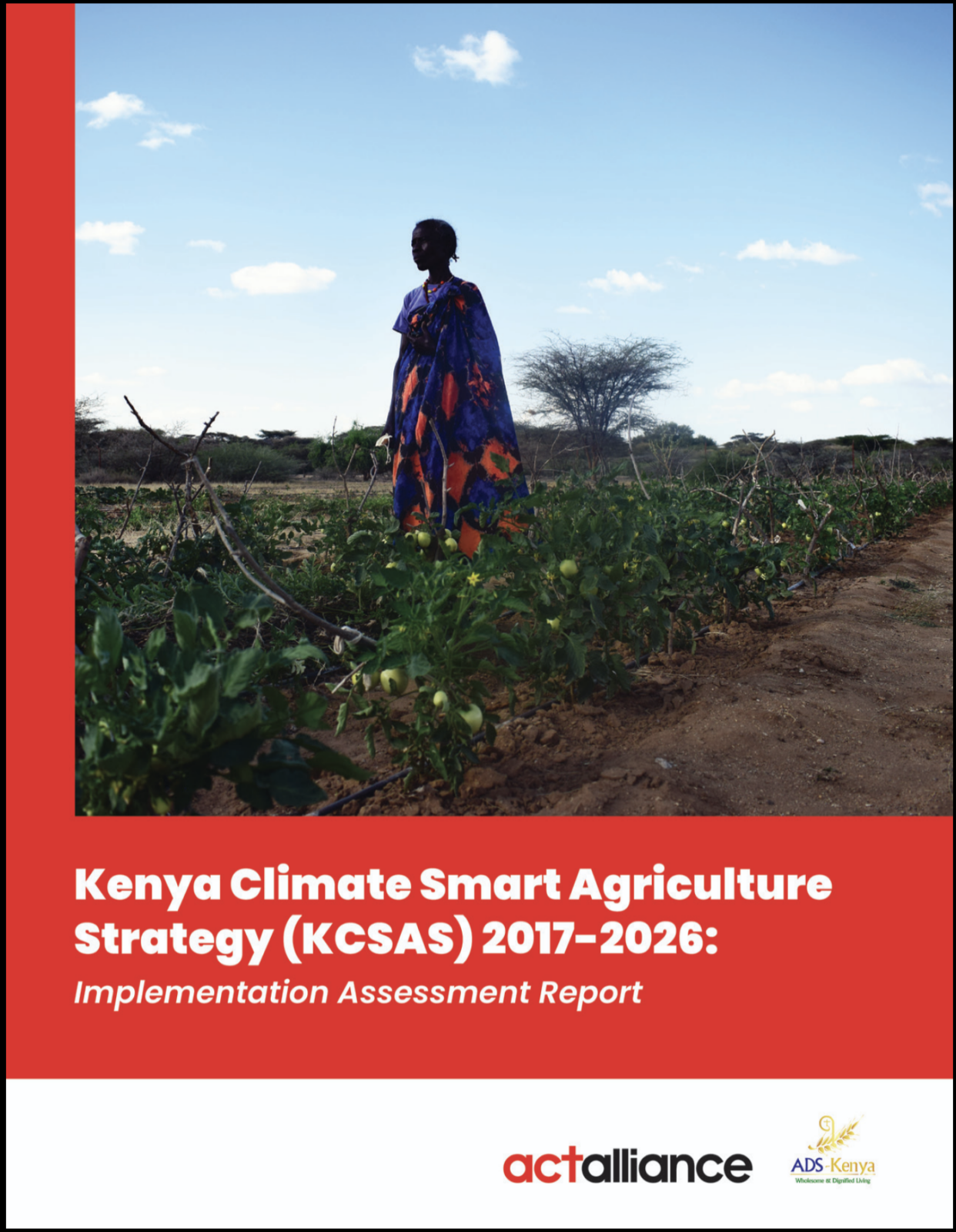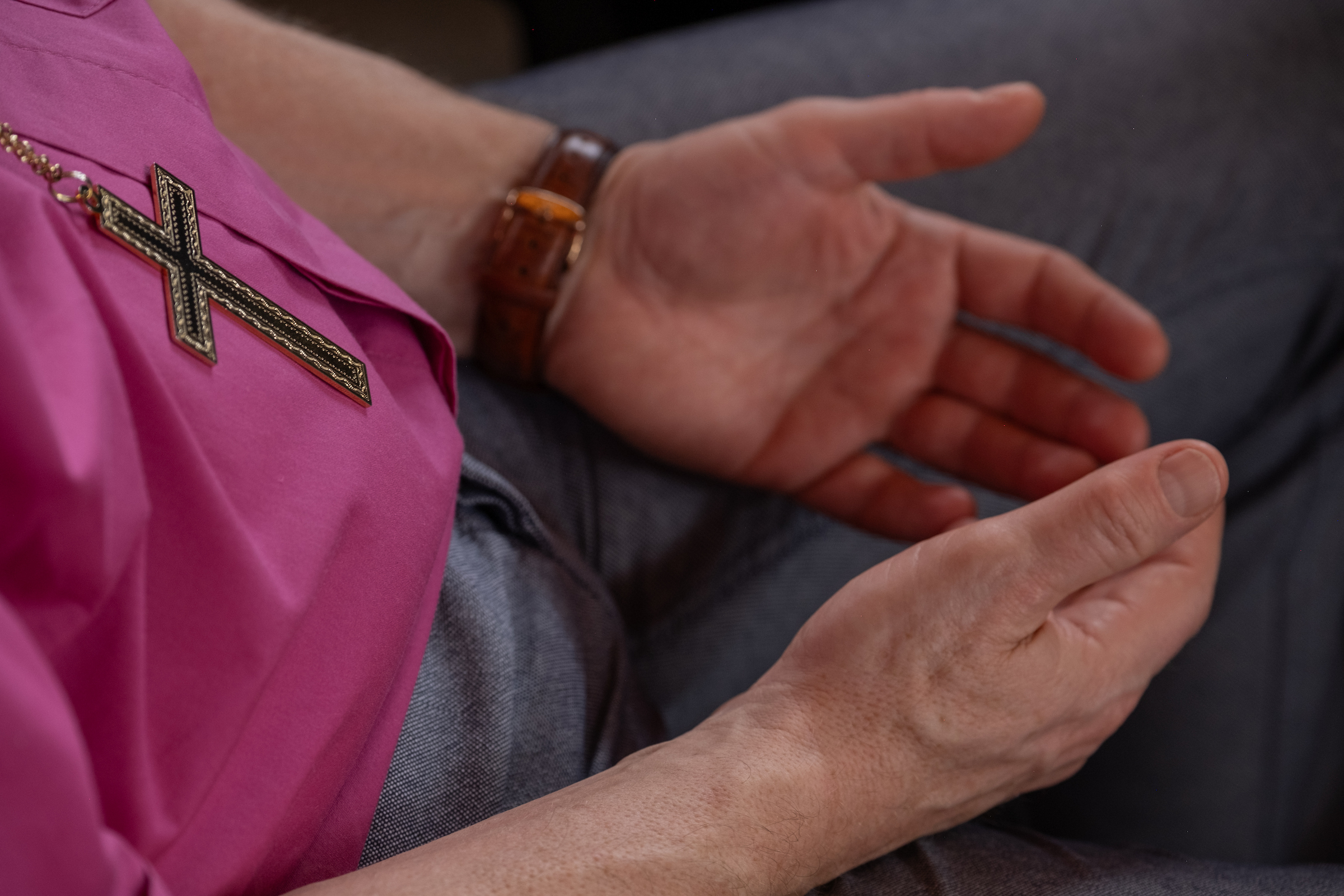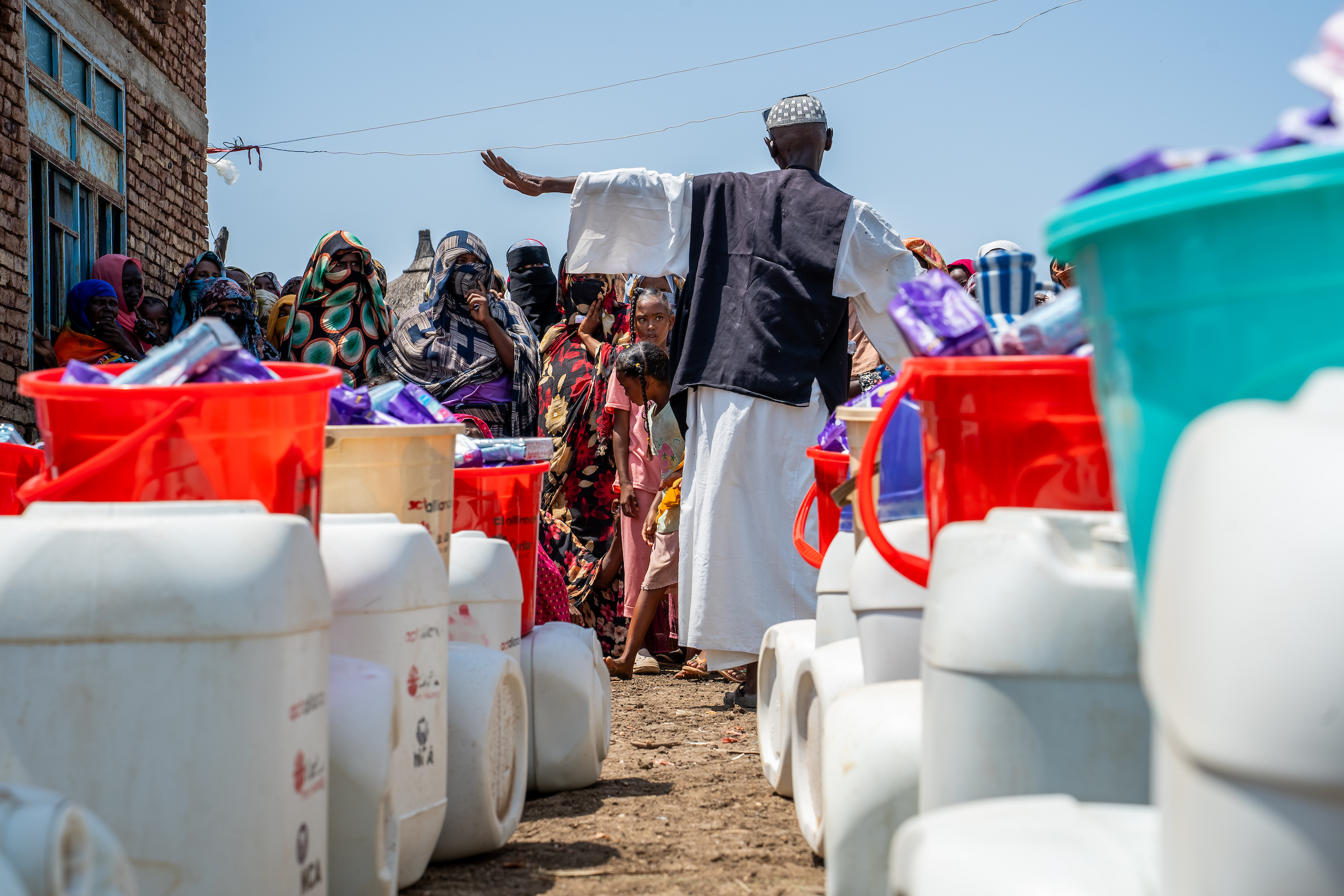Humanitarian agencies welcome today’s launch of UNOCHA and UNHCR funding appeal for Sudan
ROME, 17 February 2025 – As Sudan’s devastating conflict approaches its second anniversary in April 2025, the humanitarian crisis continues to escalate, inflicting immense suffering on millions of civilians. Acute food insecurity, disease, and sexual violence are widespread, with famine conditions confirmed in several regions, including internally displaced persons (IDP) camps in North Darfur and the Western Nuba Mountains in South Kordofan.
The scale of displacement is staggering. More than 8 million people have been forced from their homes within Sudan, while nearly 3.5 million have fled to neighbouring countries since April 2023. While host nations have shown extraordinary solidarity in welcoming refugees, their capacity to provide assistance is stretched to the limit. Without urgent financial support, their ability to sustain humanitarian aid will soon collapse.
Grassroots initiatives—including peacebuilding efforts by religious leaders and financial contributions from the Sudanese diaspora—continue to provide critical relief. However, the scale of the crisis demands greater international action. Insufficient funding, coupled with concerns over the U.S. funding freeze, is exacerbating an already dire situation.
The consequences of inaction are severe, affecting millions of lives. We urge the international community to step up with increased financial support and ensure that aid reaches those who need it most. Beyond funding, decisive diplomatic engagement is essential to fostering an inclusive and peaceful resolution to the conflict—one that ensures local civil society, including women-led organizations, have a seat at the table.
The frontline humanitarians in this crisis are the host communities taking in IDPs, mutual aid groups providing relief, community kitchens feeding the displaced, faith groups offering shelter, and national NGOs mobilizing their communities. They are doing extraordinary work with extremely limited resources, but without immediate international support, this crisis will spiral even further out of control. We must act now to support and scale up localized responses.Dirk Hanekom, Country Director Sudan, Norwegian Church Aid
The upcoming Senior Officials Meeting (SOM) in Brussels presents a key opportunity to address these pressing issues. We strongly advocate for the inclusion of local NGOs and civil society organizations, whose direct knowledge and frontline efforts are vital in shaping an effective humanitarian response.
Howard Mollett, Head of Humanitarian Policy at CAFOD said :
“This UN appeal comes at a critical moment. Until now, more than 40% of global funding for life-saving programs in Sudan came from the U.S. With the disruption caused by the U.S. administration’s decision to halt USAID operations, it is urgent that other governments step in. Millions of people in Sudan are facing famine, extreme hunger, and suffering. Throughout this crisis, local civil society organizations have been the first responders, and we must ensure they have the resources to continue their lifesaving work. Every day, community networks, faith groups, and women’s organizations risk their lives to support people trying to survive and seek safety in this brutal war. Even before the funding freeze, aid through the UN system struggled to reach these groups, and now the situation will only worsen. Donors must rally behind this appeal and strengthen partnerships with local organizations grounded in solidarity and trust.”
Dirk Hanekom, Country Director Sudan, Norwegian Church Aid underscores the urgency:
“Nearly 22 months since the conflict began, 11.6 million people have been displaced, and half the population—almost 25 million—faces devastating food shortages. The frontline humanitarians in this crisis are the host communities taking in IDPs, mutual aid groups providing relief, community kitchens feeding the displaced, faith groups offering shelter, and national NGOs mobilizing their communities. They are doing extraordinary work with extremely limited resources, but without immediate international support, this crisis will spiral even further out of control. We must act now to support and scale up localized responses.”
The time for action is now. The international community must step up to provide urgent funding, bolster diplomatic efforts, and stand with the local responders who remain the backbone of the humanitarian response in Sudan.
### END ###




